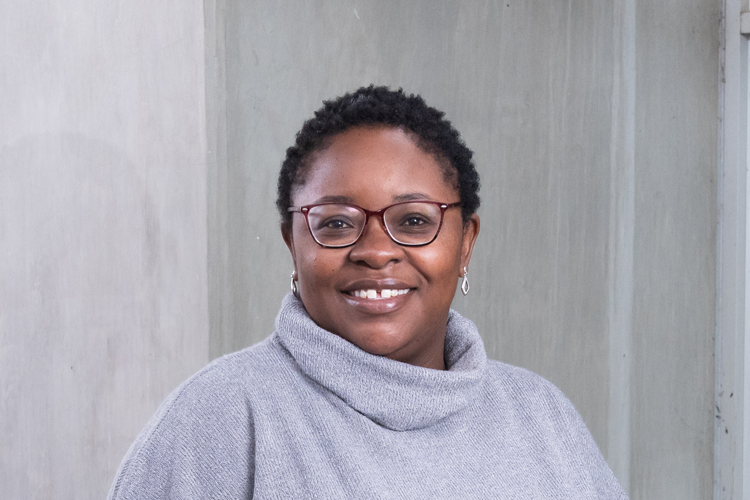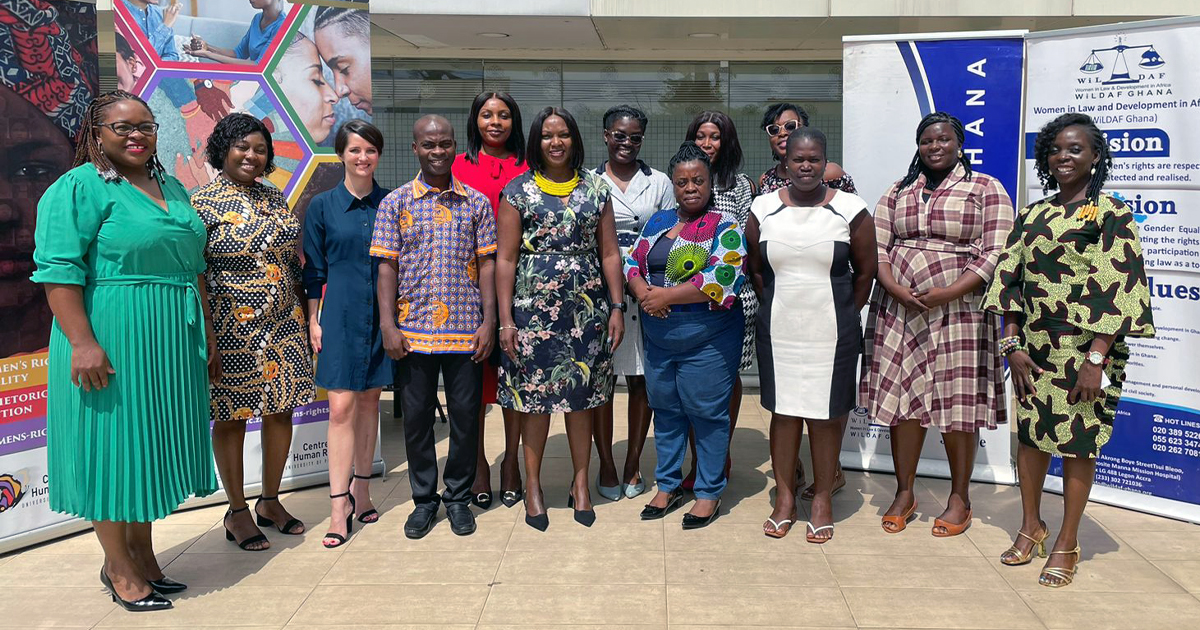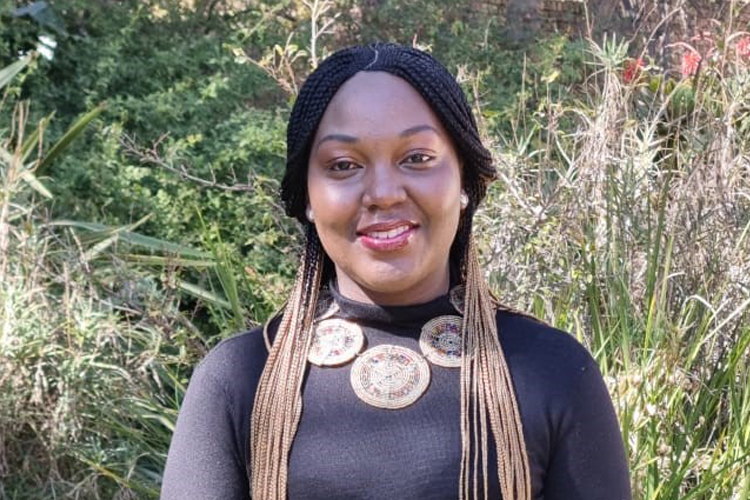‘Badudwan’ is a practice in Ghana where a man is given a cow in recognition of him have borne 10 children. In the process the woman who has been put under pressure to carry all 10 (or more) pregnancies is ignored. Organisations might be allowed into school to discuss sexuality education for adolescents but personal convictions of staff block the distribution of contraceptive products to the youth. These are only some of the issues that have come up in the discussions on sexual and reproductive health rights (SRHR) in Ghana during a training organised by the Women’s Rights Unit, Centre for Human Rights in collaboration with WiLDAF Ghana from 16-17 March 2023. The meeting is part of the project funded by the Swedish International Development Corporation (SIDA). The project is aimed at strengthening SRHR in Africa.
The meeting brought together 11 women’s rights organisations working on SRHR in Ghana to discuss their engagement with the African Human Rights System in particular submitting shadow reports to the African Commission on Human Rights. The majority of the participants had not interacted with the African Human Rights System before. The Centre for Human Rights took the participants through the African Human Rights System, the role of women’s rights organisations in the state reporting process, an overview of SRHR in the Maputo Protocol and introduced the Guidelines for Shadow Reports to the African Commission.
According to article 45 (1)(c) of the African Charter one of the functions of the African Commission is to co-operate with other African and international organisations with the mandate to protect and promote human rights across the globe. One way that the African Commission does this is to encourage civil society organizations to be part of the state reporting process. By virtue of Rule 79(3) of the 2020 Rules of Procedures of the Commission, “Institutions, organisations or any interested party” who wishes to contribute to the examination of the state report on the human rights of the country in question are to send their contributions, including shadow reports to the Secretary of the Commission 30 days before the examination of the report.
A shadow report is usually an organised and independent body of information compiled by NGOs and civil society organizations detailing the human rights situation in a particular country. A shadow report is expected to provide an accurate and comprehensive account of the human rights situation specifically explaining measures that the government has taken but importantly not taken (which it is legally bound by ratification to take) in implementing the provisions of a treaty. The report could be employed as an instrument for monitoring the progress made by governments on the human rights situation of respective states. The shadow report could serve two important purposes; it provides a means through which the African Commission can get a reliable and impartial picture of the human rights situation in a country, and it assists the African Commission in its constructive engagement and dialogue with states parties upon consideration of reports.
Since Ghana ratified the Maputo Protocol on 13 June 2007, it has not yet submitted a report on the treaty. However, given its recent commitment to submit all outstanding reports to the African Commission, it is an opportune time to get the civil society organisations geared up and ready to submit shadow reports to the African Commission. It is especially important for organisations working on SRHR to submit shadow reports since these rights are usually subsumed by other rights.
For more information, please contact:
Tel: +27 (0) 12 420 4306
matilda.lasseko-phooko@up.ac.za

Tel: +27 (0) 12 420 4197
susan.mutambasere@up.ac.za



